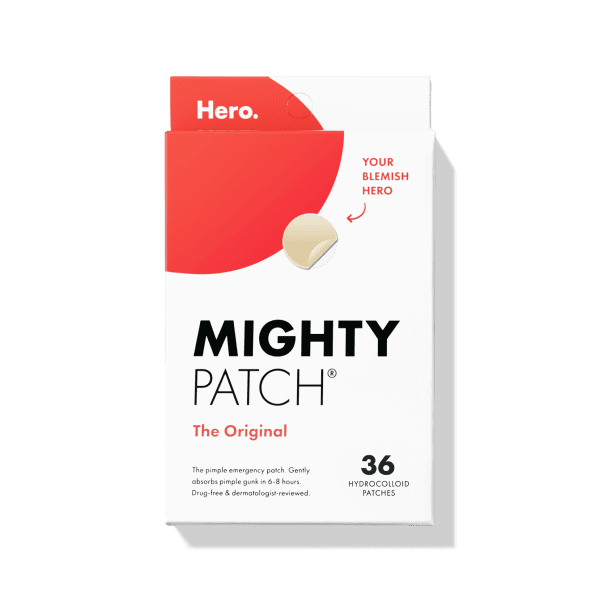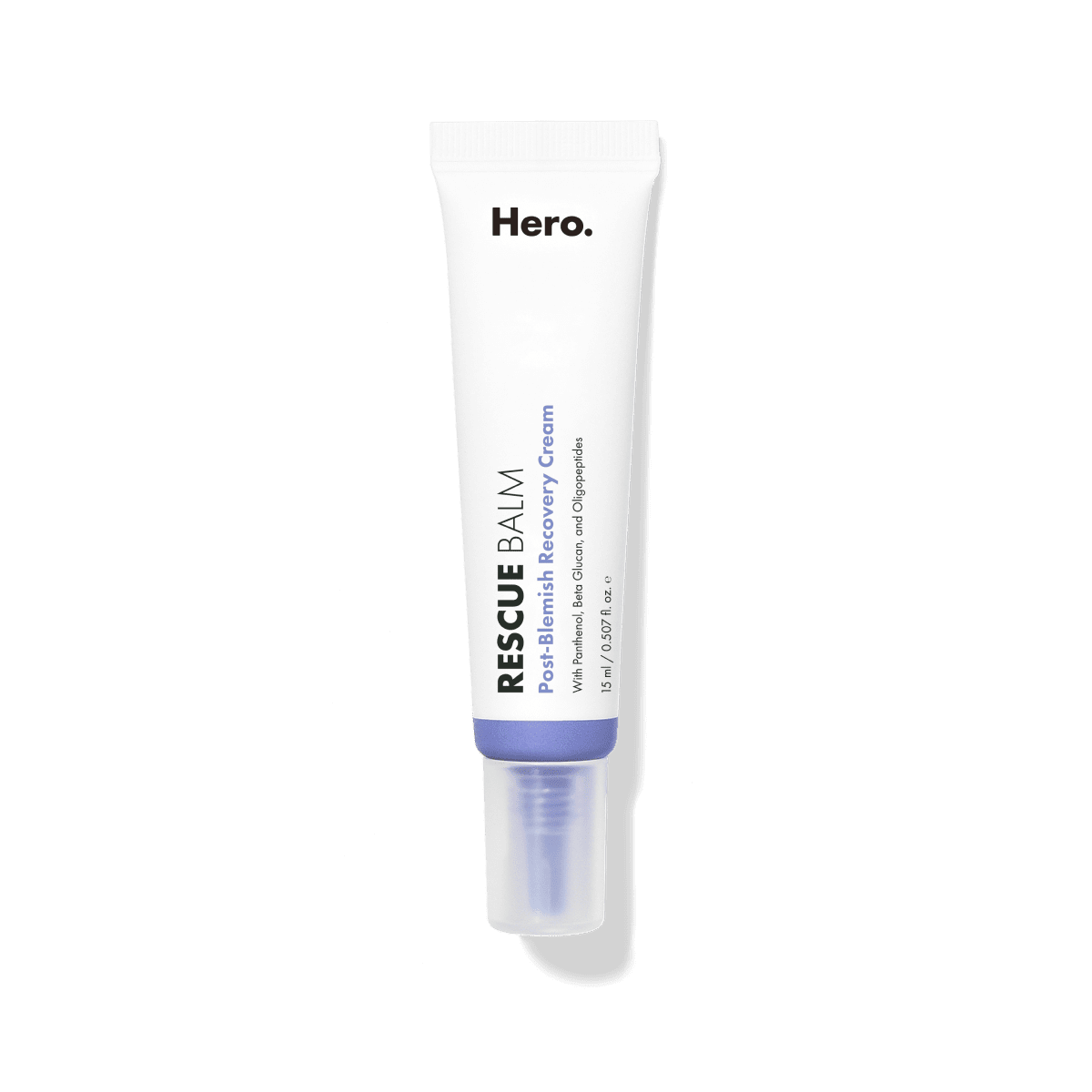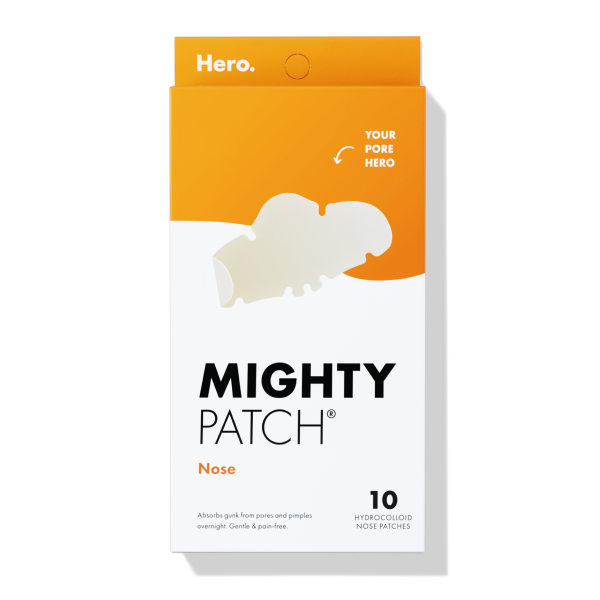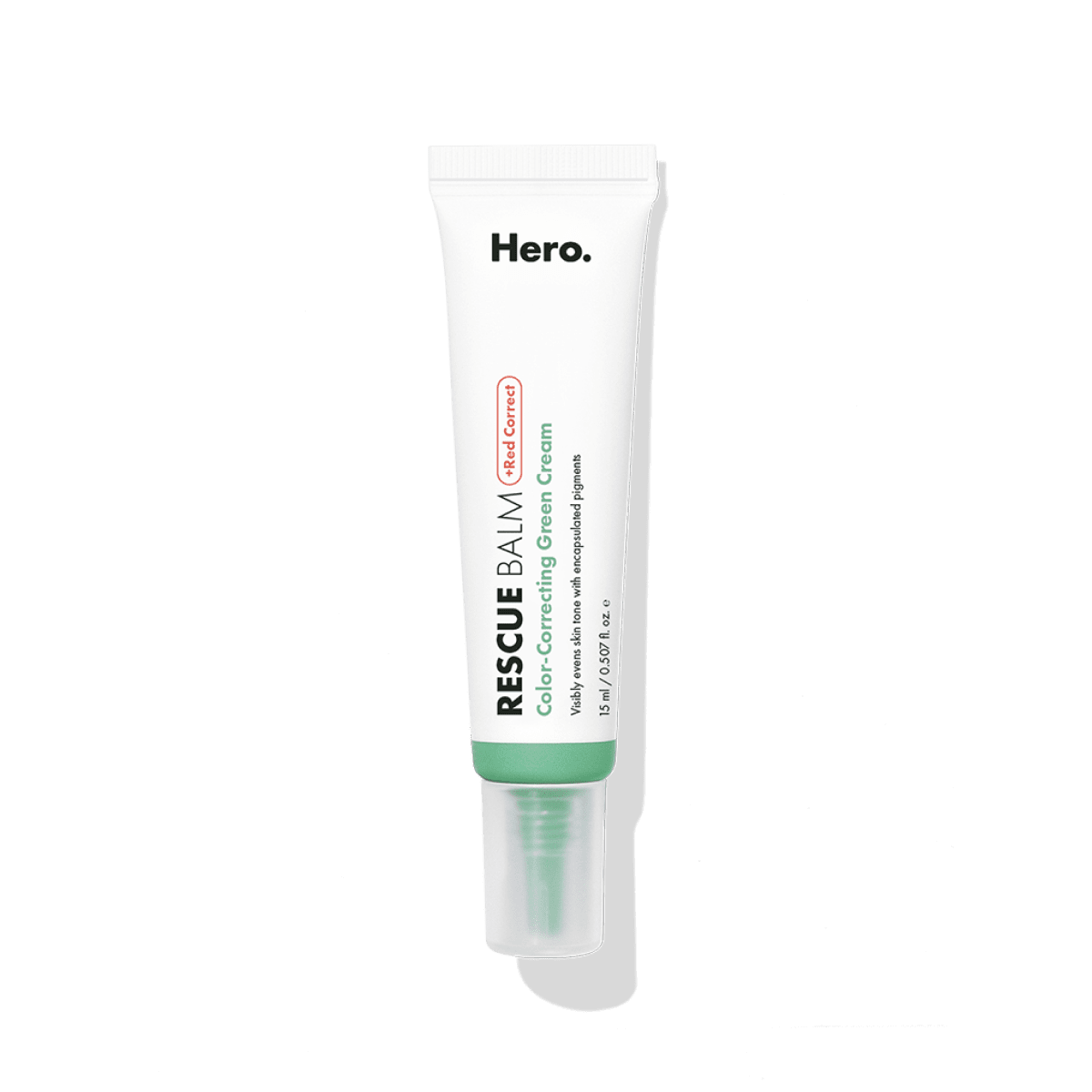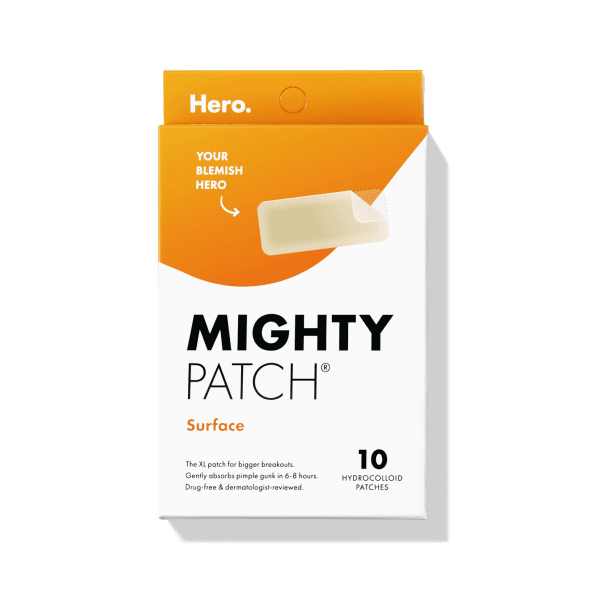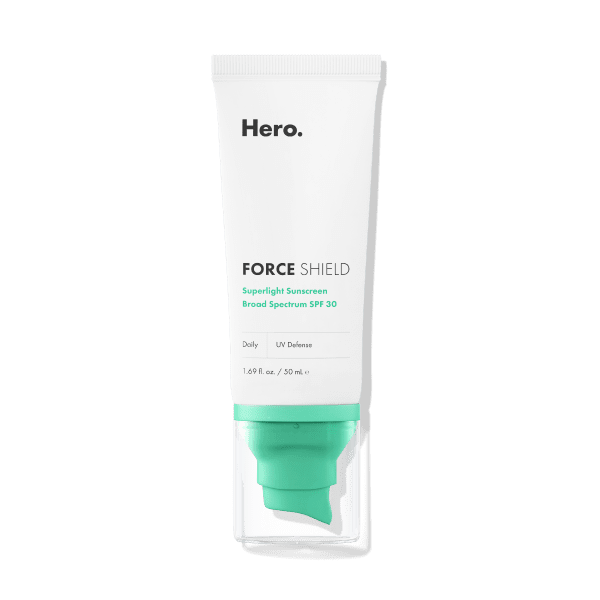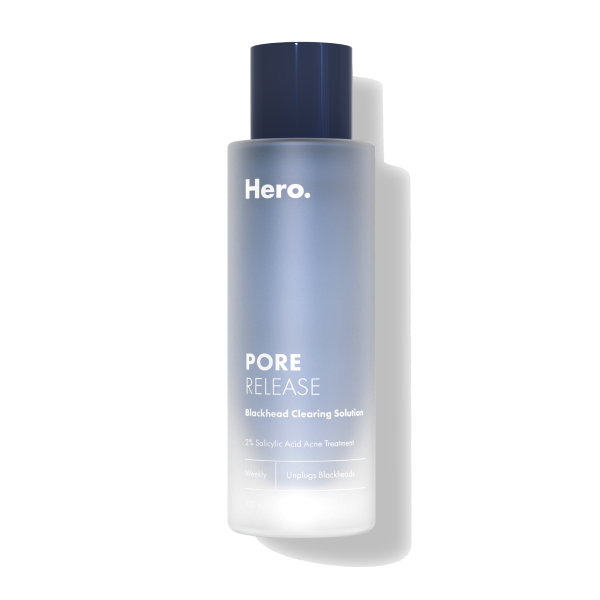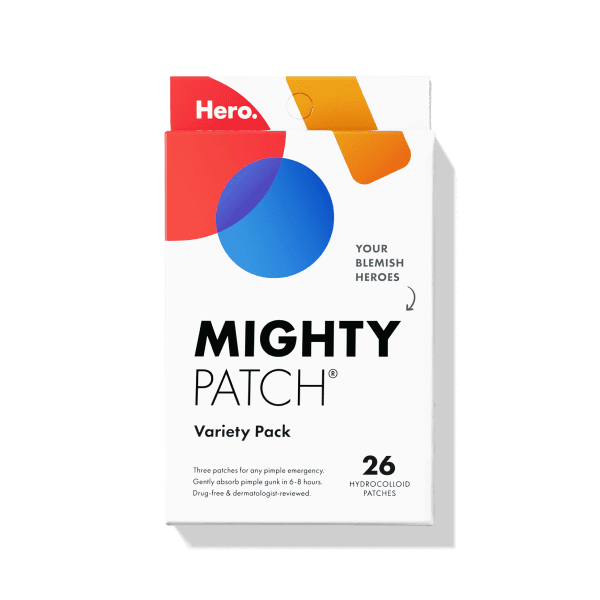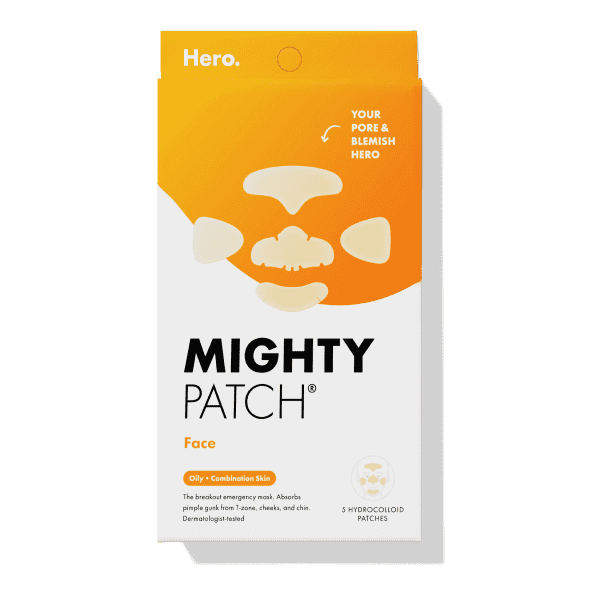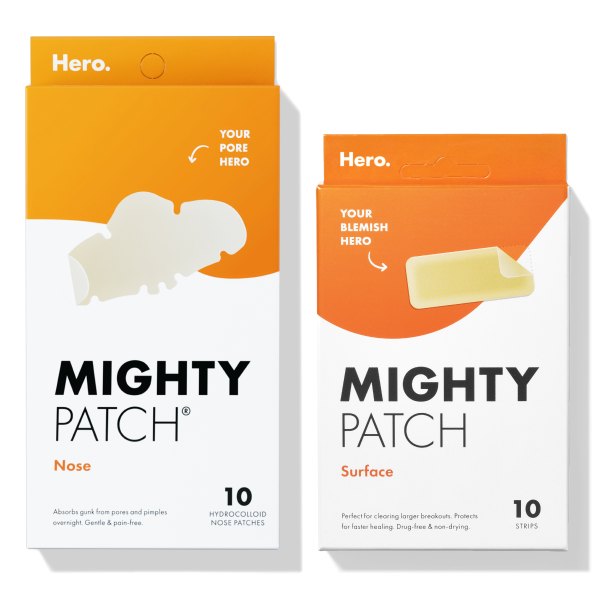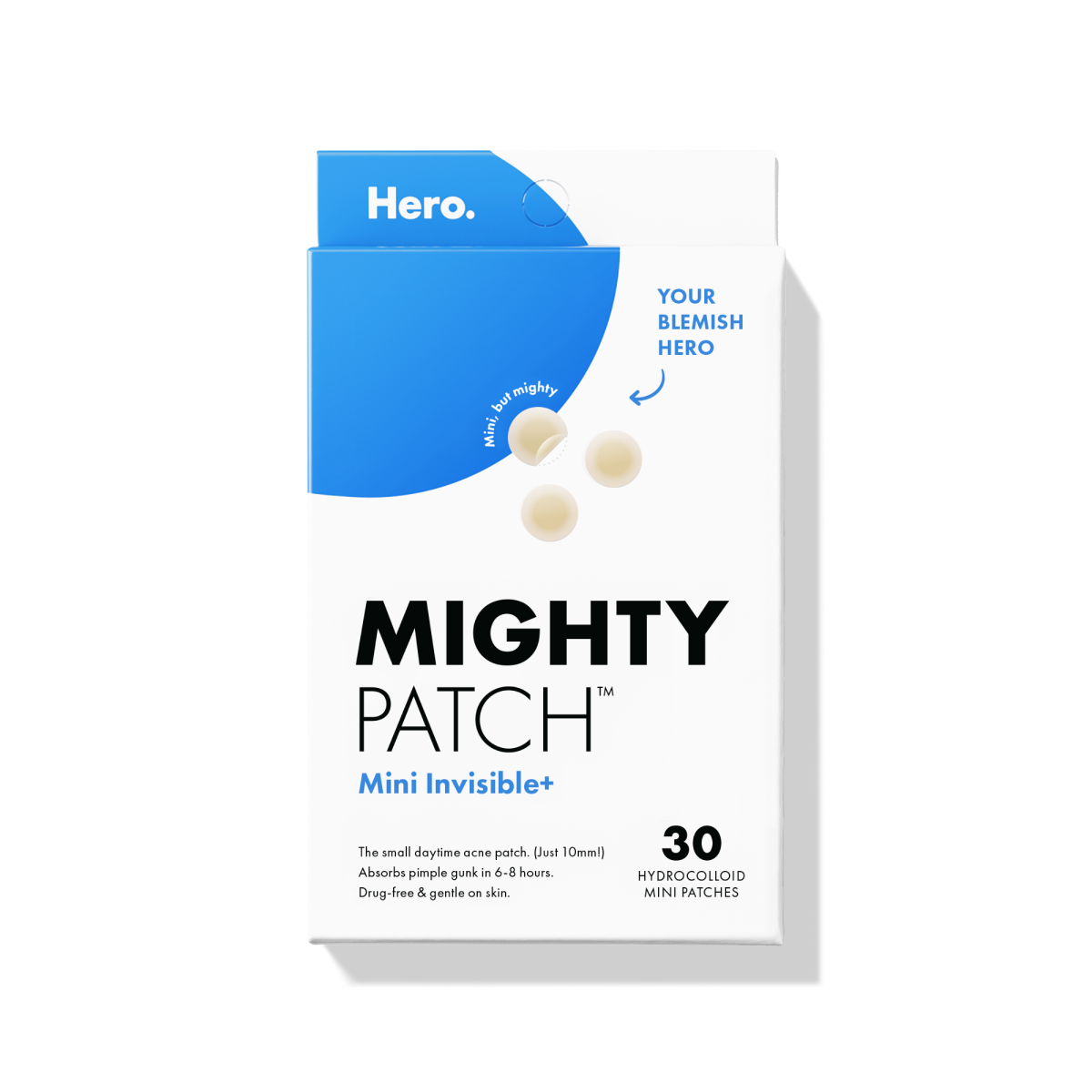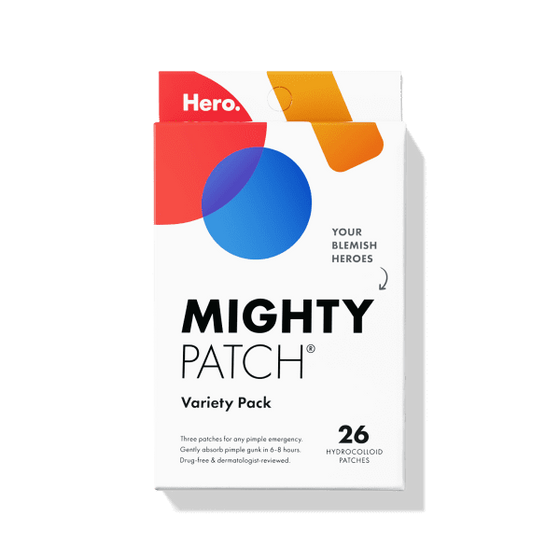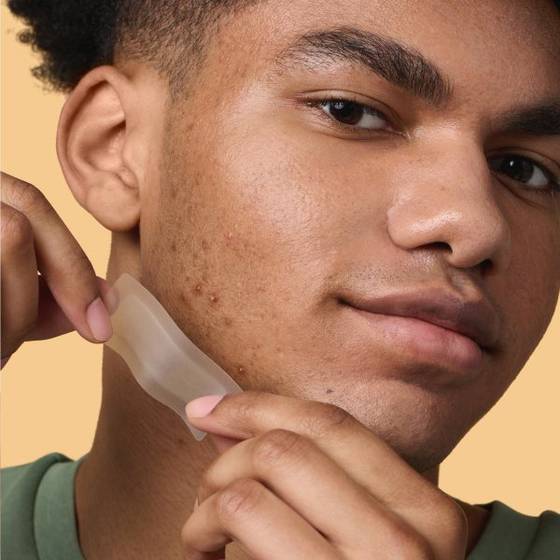
It's no secret that the food we eat affects our health, but did you know that our diet can also impact our skin? We hate to be the bearer of bad news, but some of the yummy things you've been eating may be triggering acne (gasp).
To learn more about this, we chatted with a dermatologist and holistic nutritionist. Keep reading to learn how exactly diet affects the skin and acne and what foods to indulge in and what foods to avoid in an anti-acne diet to keep your skin clear and glowy.
How diet affects skin and acne
Acne is typically caused by pores that become clogged with dirt, bacteria, and dead skin cells. The clogged pores then lead to inflammation and cause pimples. So how does food come into play? Our bodies need to break down and digest the food we eat, absorb nutrients from it, and then eliminate it (yes, we're talking about poop). When you consume healthy foods, it's easy for the body to go through that process. Junk food, however, is another story.
"The body cannot break down 'fake' foods or foods that have preservatives and artificial ingredients," says holistic nutritionist Sally Pansing Kravich, MS, CNHP. "Since the skin is considered the largest organ, foods that do not break down often will not eliminate through the elimination channels of the bowel and kidneys, and instead create an overload and come out in the skin.” So if your body can't eliminate the food properly, it will eliminate it through the skin as breakouts.
3 foods that cause acne

1. Dairy
Now that you're clued in on how food affects acne, let's talk about what particular foods to avoid if you have acne-prone skin. Diary, sadly, is at the top of the list of foods to avoid. Sorry cereal lovers!
Here's why: "Dairy is a mucus former, and most people eat dairy products with a starch," Kravich says. "This combination creates hardened mucus which comes out through the skin. [Furthermore], many people are missing an enzyme that helps digest dairy products, which is especially true as we age. If we are missing the enzyme that helps to digest milk proteins, they can solidify and come out via the skin."
Unfortunately, this means that it's advised to avoid foods with dairy such as bagels and cream cheese and pizza (sigh) for optimal skin health. However, there is some wiggle room. Kravich says having organic plain yogurt with equal size fruit like blueberries and papaya or a limited amount of hard cheese in combination with fruit or veggies is cool to consume.
According to board-certified dermatologist Tsippora Shainhouse, MD, FAAD, of SkinSafe Dermatology and Skin Care, the link between dairy consumption and acne is likely due to the added growth hormones in the milk that trigger oil glands to go into overdrive, which then triggers acne. Even organic milk and milk products without added growth hormones still contain natural hormones that can lead to increased acne.
2. Sugar
"High-glycemic foods can trigger spikes in one's blood sugar, which may increase inflammation in the body and in turn can trigger acne flares in people who have an underlying predisposition to this type of acne," Dr. Shainhouse says. "Blood sugar spikes may also increase sebum production by the oil glands, which could trigger a breakout in acne-prone pores."
In other words, according to studies, eating less sugary foods results in less acne. So staying away from cupcakes and candy might be a good idea for both your health and your skin.

3. Alcohol
There's nothing wrong with Netflixing with a glass a wine (or two), but if you struggle with acne rosacea, you may want to think twice. Dr. Shainhouse says women with acne rosacea may notice their skin get red and develops acne lesions when they drink alcohol. Also, she notes that drinking alcohol can also dehydrate your skin, making it more prone to acne breakouts.
If you have an inkling that dairy, sugar, or alcohol may be the culprits behind your breakouts, Dr. Shainhouse suggests avoiding them for a month or two to see if it reduces acne flares. You can also keep a food diary and share it with your doctor or dermatologist who can help create an anti-acne diet plan specific for you.

Foods that are good for acne-prone skin
Now let's dive into what foods you can freely indulge in. We'll preface this by saying that there isn't much research that demonstrates which foods can or can not combat or prevent acne. Generally speaking, though, foods that are healthy and easy for your body to digest are typically what is best. Specifically, Kravich recommends filling up your anti-acne diet with lots of fruits and veggies.
"Vegetables build vibrant health and healthy cells while fruits are cleansers and antioxidants," Kravich says. In particular, she recommends stocking your grocery cart with celery, cucumber, carrots, sweet potatoes, blueberries, acai (hello, antioxidants!), lemon, papaya, and apples to help keep your skin clear.
The takeaway
So there you have it. Your anti-acne diet includes lots of fruits and veggies and less inflammatory foods such as dairy, sugar, and alcohol. With that said, it’s not a one-size fits all approach. So be sure to consult with your dermatologist and keep a food diary to help you pinpoint what foods may be contributing to flare ups.
